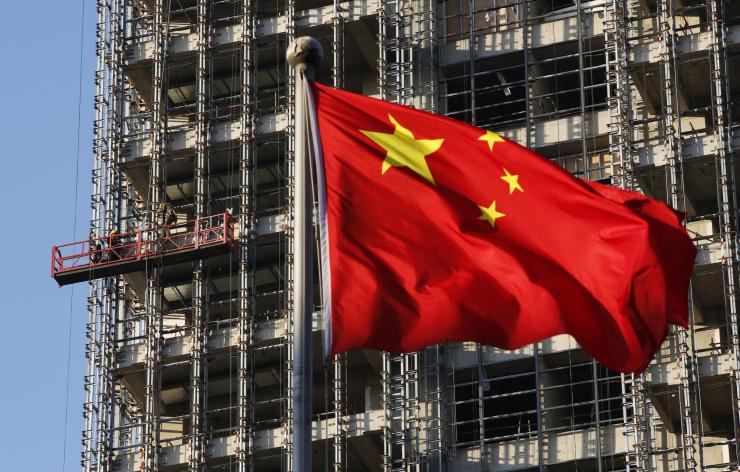China’s mortgage problems
September 28, 2017 | Expert Insights

Consumer loans have considerably grown in China in the recent years with millions of citizens taking out mortgage loans to buy property.
Will the mortgage bubble lead to an economic crisis similar to the 2007 financial meltdown?
Background
China is the second largest economy in the world after USA. According to certain forecasts, its GDP growth is slated to overtake America’s GDP in another 10 years. A hub for manufacturing industry, China is the fastest growing economy. Its economic growth has been over 10% for over 30 years.
However, in the recent years, China’s exponential growth has come at the cost of increased debt. According to statistics, its debt is more than 250% of the GDP and is much higher than the US. It is, however, lower than Japan, which remains the world’s most indebted leading economy. Experts have said that if China’s trajectory continues, then it will be looking at an economic slump sooner than later.
Post the September 11, 2001 attacks, the US Federal Reserve stimulated the struggling U.S. economy by cutting interest rates to historically low levels. This resulted in a boom in the real estate market. Lenders began to extend mortgages to millions who couldn’t qualify for traditional bank loans. Housing prices therefore peaked in early 2006 and began to decline in 2006 and 2007. Many of the subprime mortgages were affordable in the beginning but rates spiked in 2007. In the meltdown that occurred in the wake of this crisis, several banks in Wall Street had to declare bankruptcies and a global recession followed. The financial crisis that occurred between 2007 and 2008 is often referred to as the Great Depression.
Analysis
In the late 1990s, the Chinese government privatized urban housing. In the past decade, there has been rapid urbanization in multiple cities in China. This has resulted in high inflation in cities like Shenzhen in the nation. Home prices in Shenzhen has doubled (in some cases even tripled) in the last couple of years in particular.
In the recent years, China’s big state-owned companies and powerful local governments have borrowed trillions of dollars. Millions of Chinese residents have taken in loans and mortgages to simply lead a middle-class lifestyle. This has resulted in a big rush in buying real estate. Many having taken loans and mortgages that are well beyond their means. This is similar to the mortgage crisis in 2007 that resulted in the global recession.
Zhao Yang, Hong Kong-based chief China economist at Nomura Holding said, “Home prices are so high in some big cities, buyers are being forced to seek consumer loans to fund their down payments. If consumer credit is tightened further, property prices may see a correction.”
Consumer loans have grown by 50% since 2016 and the IMF notes that China’s household debt as a percentage of its economic output will double by 2022 as compared to 10 years ago.
The Chinese government has to some extent recognized the problem. China’s central bank supports a move by some banks to increase lending rates on mortgage loans in the Beijing market. Additionally, the government has also launched a campaign to curb home price rises in major cities. It’s doing so by raising down payment requirements. Buyers are being disqualified as well. However, citizens have found new ways to finance their properties. E-House China R&D Institute has stated that many take out irregular consumer loans (such as car loans and education loans) and use those funds to finance property. The amount of “irregular” consumer loans taken out since March $56.18 billion.
Assessment
Our assessment is that the government is on the right track trying to monitor the mortgage debt bubble. However, with more consumers rushing to buy property and taking out loans they cannot afford, this could result in an economic meltdown. China is one of the largest economies in the world. If a crisis arises in the country, it will affect Asia and the rest of the world.








Comments